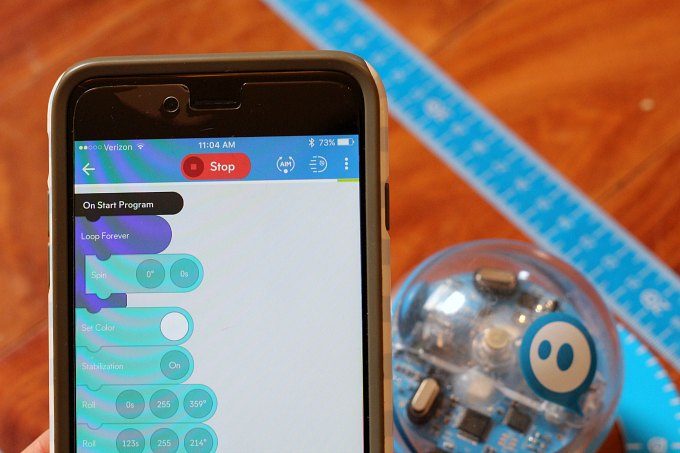

If funded, we propose to screen two grasses and two broad leaf crops of high nutritional value in greenhouse conditions to identify plants that tolerate irrigation with treated effluent water under deficit evapotranspiration (ET) replacement while maintaining high level of nutrients. In addition to grasses, two crops with high levels of beneficial phytonutrients or antioxidants values will be included in the study to identify other potential candidates for the space breeding program. While many of the grasses can be grown under extreme conditions such as drought, heat, and low quality irrigation water, they also possess characteristics that make them particularly well suited for this program, such as compact size, tolerant to stress, rapid growth, and reliable germination. The grass family (Poaceae) includes species from a wide diversity of habitats and shows a considerable measure of ecological adaptation. Principal Investigator: Elena Sevostianova, Ph.D.Īffiliation/Dept.: New Mexico State University, Department of Plant and Environmental Sciencesĭescription: The project aims to screen several monocotyledons (grasses) and dicotyledons (broad leaf crops) that can be used for a space plant breeding program. Screening for Salt and Drought Tolerance in Edible Crops Selected for Space Plant Breeding Program We will advance understanding of how people can more effectively interact with robotsĪnd propose design recommendations for improving space robots. This will increase the situation awareness of astronauts and reduce the training necessary to successfully work with robots. This can include understanding and responding to typical initial expectations of the robot and by working to avoid or repair misunderstandings. To address this, we study how robots can behave to improve people’s mental model of them. This mismatch causes task errors, impacts trust, and has other negative consequences. When people do not know what to expect from robots, they behave in ways that robots cannot support (e.g., humans may employ natural language that robots cannot interpret). We will develop robot behaviors that can improve human understanding of a robot’s states and abilities (see Table).

Principal Investigator: Marlena Fraune, Ph.D.Īffiliation/Dept.: New Mexico State University, Department of Psychologyĭescription: Our objective is to improve astronaut mental models of co-present robots on the ISS.


 0 kommentar(er)
0 kommentar(er)
